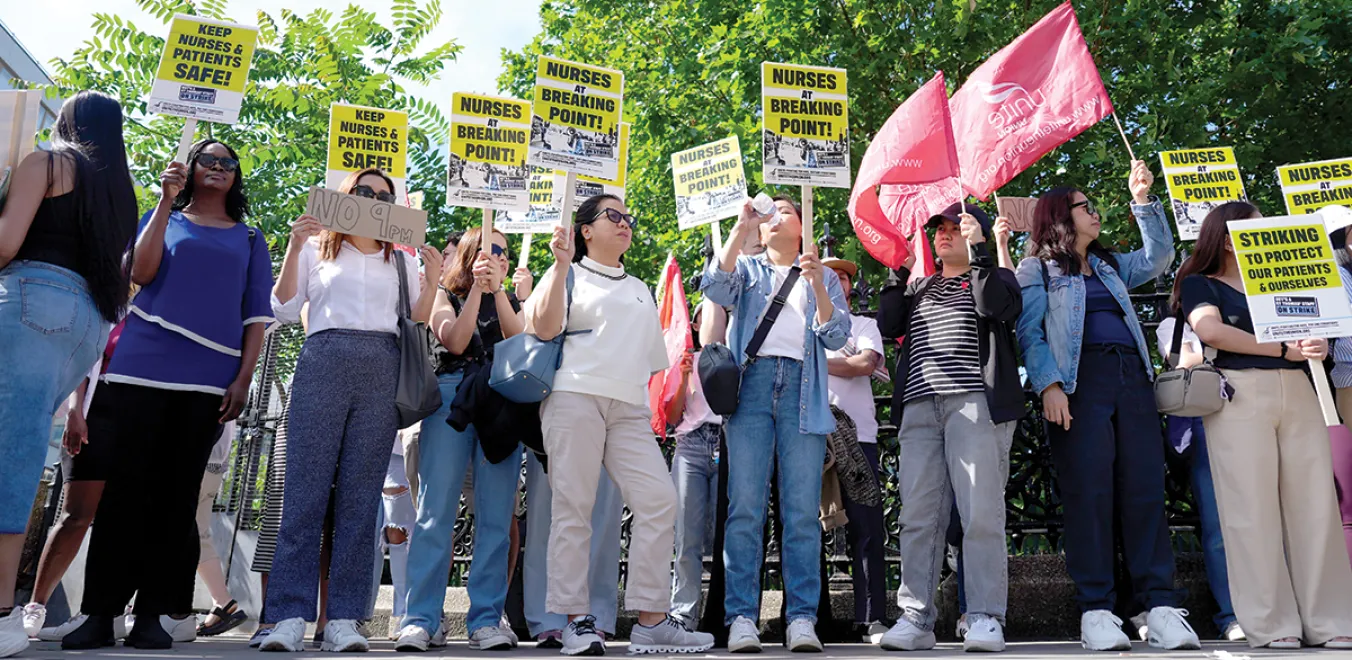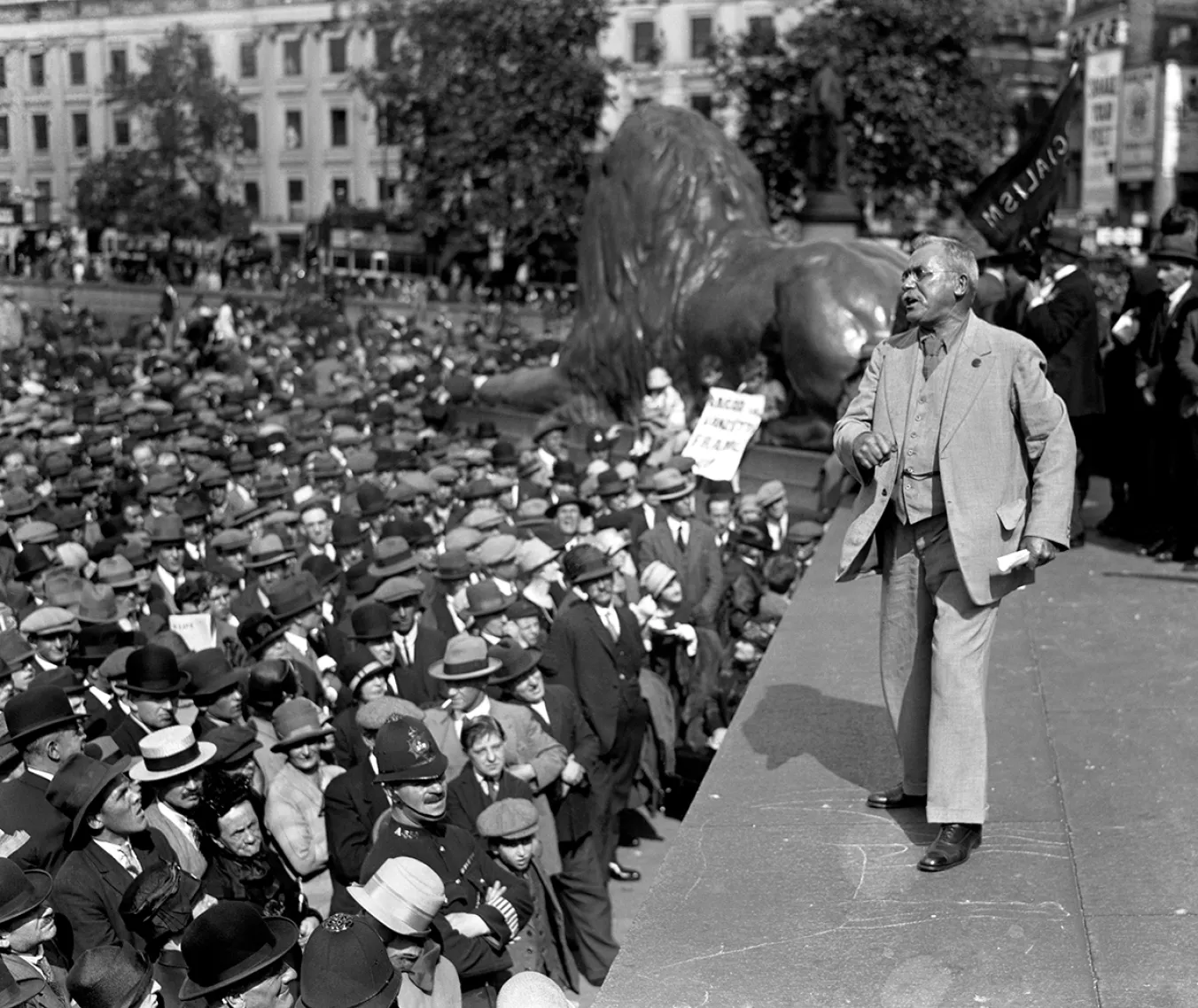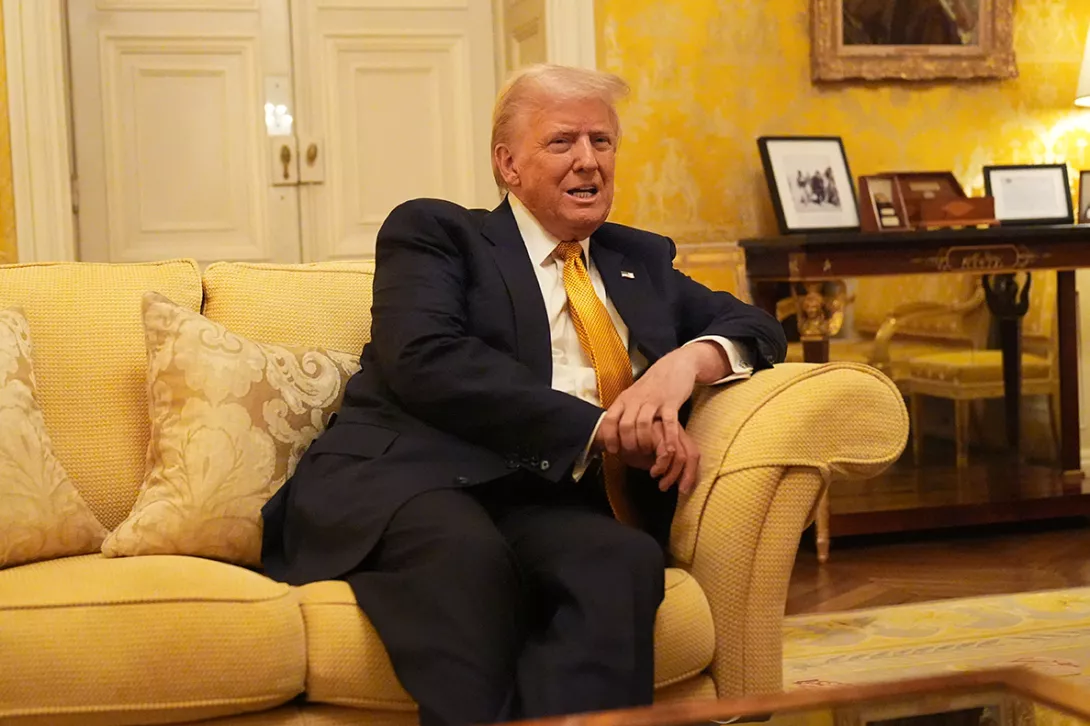
LAST month, the TUC held a special congress for the first time in over 40 years, to agree on a strategy to bring the movement together in the fight against the latest anti-union laws from the Conservative government.
This week 125 years ago, another special congress of the TUC was held in similar circumstances. In the aftermath of the collapse of the engineers’ strike for an eight-hour day, in the face of a seven-month-long lockout by the Employers’ Federation of Engineering Associations, it was clear that employers were organising to break the power of the trade union movement.
Separate negotiations conducted by some unions, in defiance of the stance taken by the Amalgamated Society of Engineers and those who stood in solidarity with it, showed that the need to build greater unity in the trade union movement was pressing.













